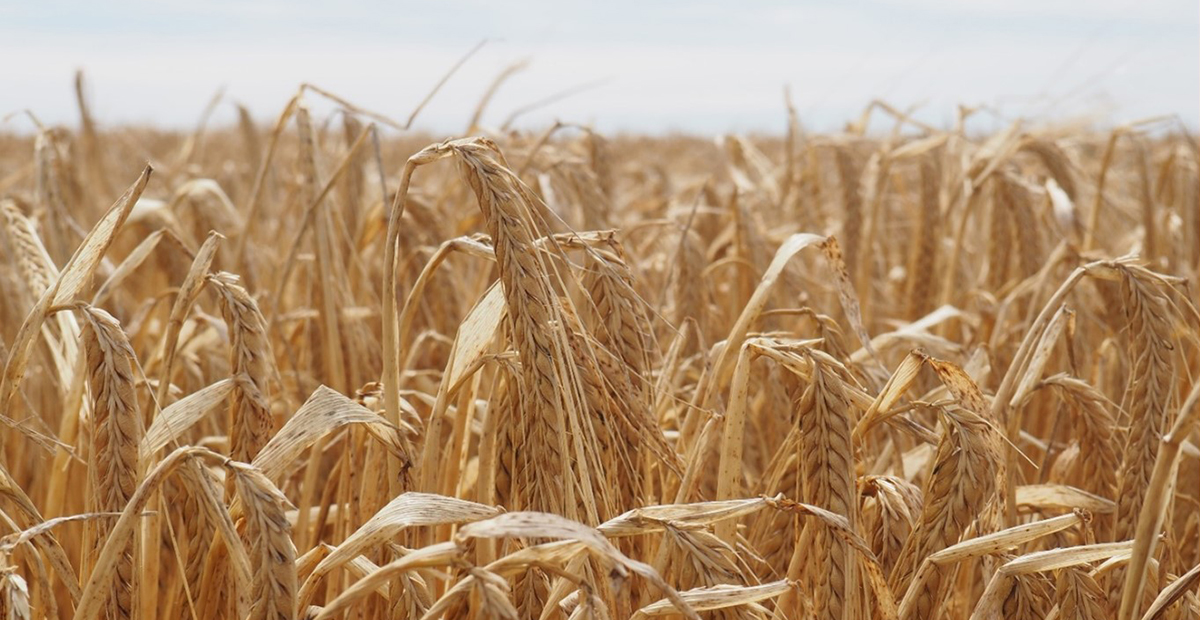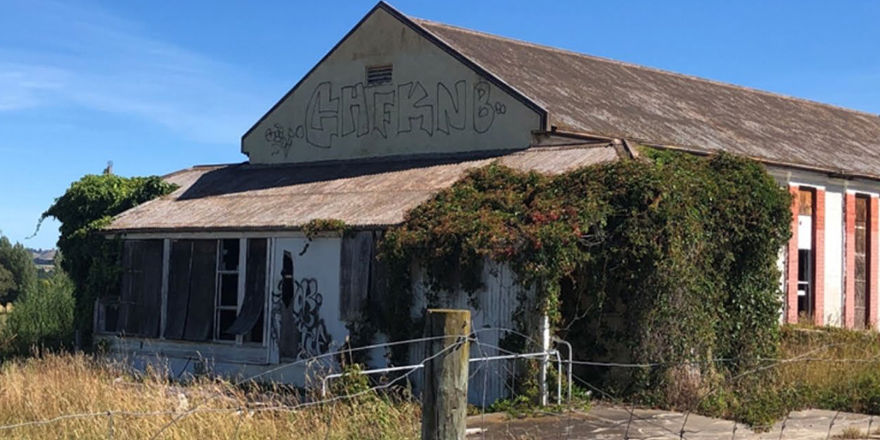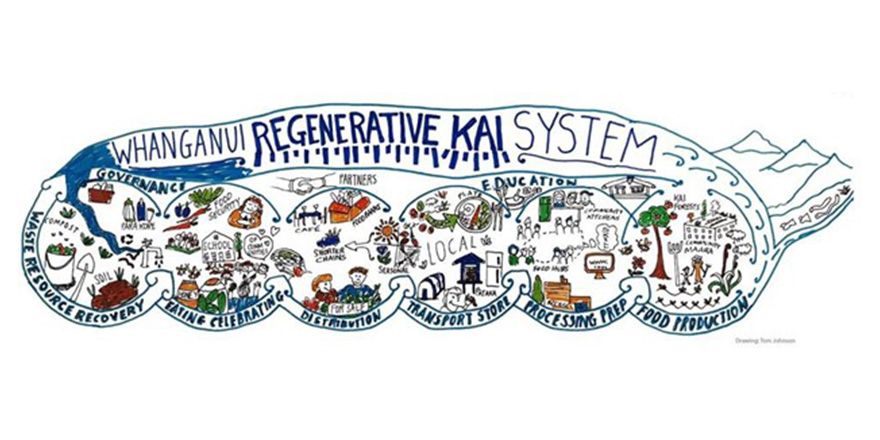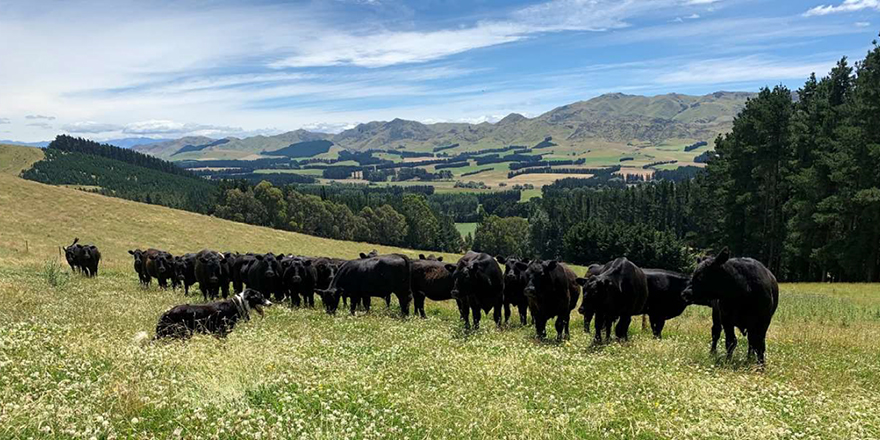
Executive summary
Arable farming in Canterbury is at a crossroads. The wettest harvest in the last 30 years, coupled with high inflation, low profitability, and a changing regulatory scene, has seen farmer morale at its lowest point in many years.
Changes in land use to dairy or dairy support and more extensive family farming operations buying up smaller operations have caused the number of arable farming businesses to decrease significantly over the last 20 years.
In the early 2000s there were over 1200’s arable farms in Canterbury. This has now been reduced to less than 500 (Merrilees, 2021). Recent freshwater regulations now mean that converting to more intensive land uses is difficult. If profitability issues continue to worsen farmers now feel like they have few options.
This report aims to provide a broad overview of the arable industry in Canterbury with a key focus on understanding whether maintaining a business-as-usual approach to farming would be enough to maintain operations into the future. A literature review, informal indicative interviews and two proven models were used to answer the following questions:
- Why is it important to have a viable arable industry on the Canterbury Plains?
- Can arable farmers continue to operate business as usual?
- What factors determine the underlying cause of poor profitability in the industry?
- What are the potential solutions to improve the long-term viability of the industry?
Canterbury Arable Farmers are highly skilled and have access to some of New Zealand’s best soils, irrigation, and research. Canterbury’s climate, infrastructure and skilled grower group means that they are undeniable world leaders in grain and seed production and are critical to the success of our red meat and dairy industries as well as the security of New Zealand’s domestic food supply.
However, Canterbury arable farmers are facing a number of challenges both domestically and internationally and the long-term viability of the arable industry as a whole is potentially under threat from high rates of attrition, low returns on investment and fragmentation of the growers.
Reliance on the traditional growth pathway of increasing production is unlikely to be
sustainable in the long term, though current external forces driving high commodity values may enable the status quo to be maintained in the short-medium term.
Arable farms are flexible and agile in nature which means they are well poised to pivot into new opportunities as they arise. The key areas where the arable industry can improve its long-term viability are:
- Continue to build resilience into farm systems.
- Cooperate.
- Stop beating up the merchants.
- Differentiate the offering.
- Invest or partner in supply chains.
If Canterbury arable farmers continue to sit back and expect a better future without taking any action the industry will likely continue to diminish. If farmers take the opportunity that a favourable short-term outlook provides them then the opportunities are endless.




